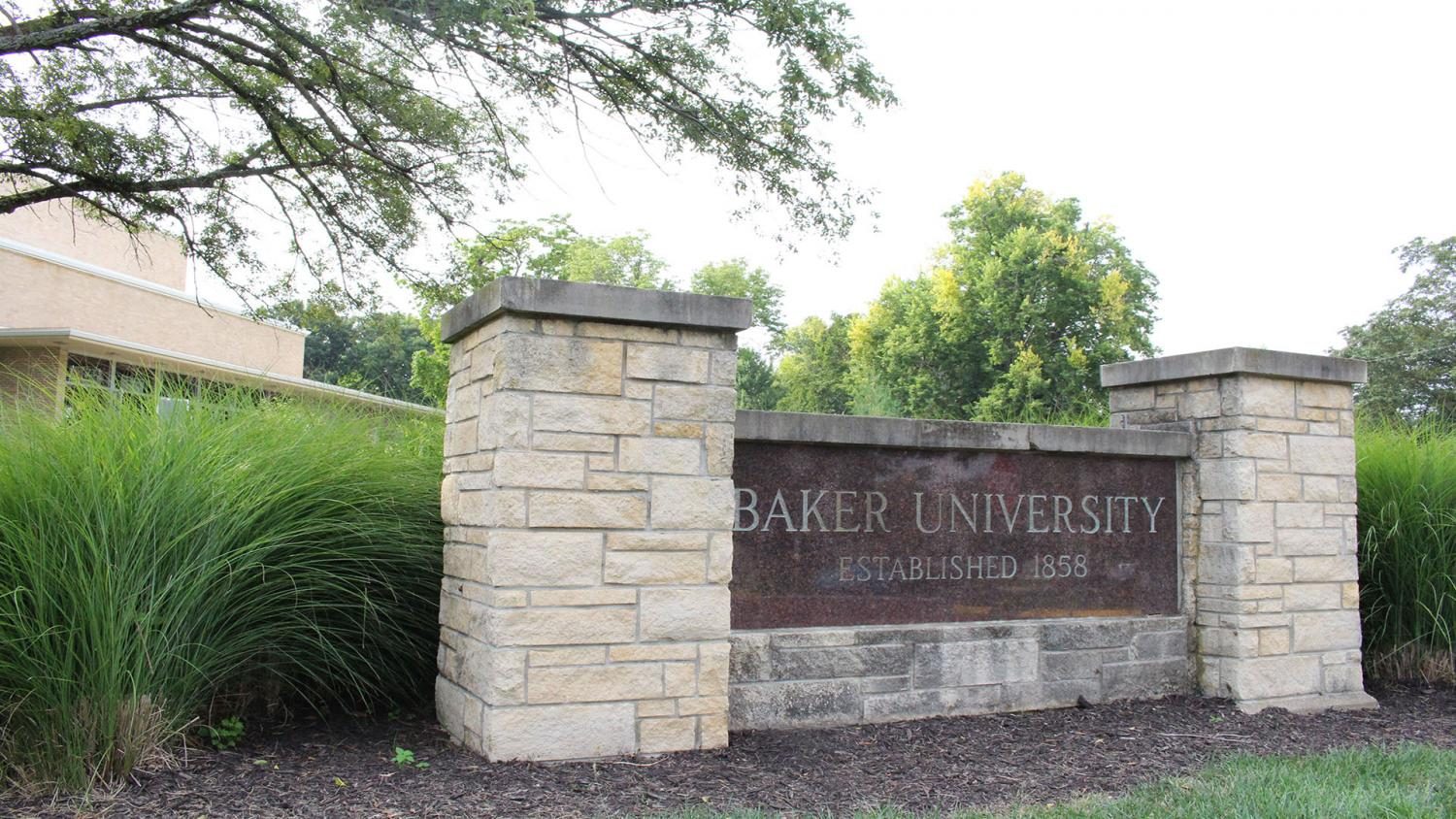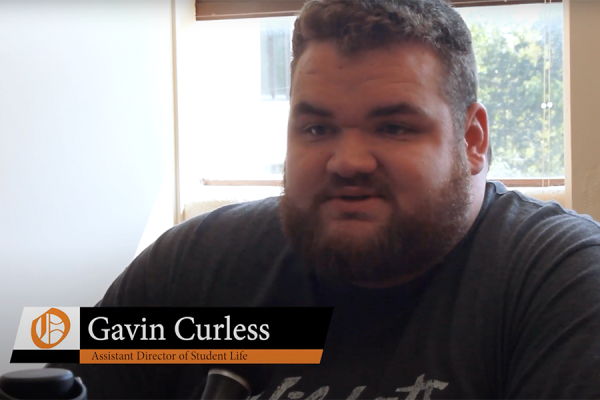Retention rates affect all campuses
One of the signs welcoming people to Baker University.
For the past two years, The Baker Orange has covered the high enrollment rate and the number of freshman that flood campus each year. However, we rarely follow up with those students and take another look at the numbers in the spring.
Numbers released by Vice President for University Advancement Danielle Yearout reveal that numbers are lower than the beginning of the semester, with a total of 785 “degree seeking” students on the Baldwin City campus compared to 854 in the fall.
In the fall of 2017, the Baldwin City campus welcomed 257 freshmen to campus and in fall 2016, 240 freshmen were welcomed. Both of these numbers were collected on the 20th day of class.
Although there is an increasing initial freshman student population, without consistent retention rates, these numbers are essentially meaningless.
Those students scholarship funds, housing, and meal plans, are left behind, causing administration to scramble to make up for the loss of funding accompanied with the absence of student enrollment.
Baker can advertise, market and recruit incoming students, but if they don’t complete their degree, Baker will lose money — money that could have been allocated to a student who stayed.
So the big question is, why are students leaving?
There are some simple textbook answers to these questions that many of us hear regularly, like how some people don’t like small communities. Other reasons include wanting to be closer to family, feeling like they don’t fit in, transferring for sports or students figure out that college just isn’t for them.
Baker holds people accountable, and that can be scary for someone who wants to go with the flow or stay in the background. There’s a lot of pressure to be involved, especially with all the leadership opportunities available here, and that can make the experience very overwhelming.
The Orange has written about the benefits of a private school education compared to a state school, but this doesn’t always resonate with students.
The general education experience can be daunting at Baker, with classes like the Quest program. The core curriculum has a common goal, but the quality of the class is extremely dependent on the professor you get.
The appeal of two years of general university requirement courses is the opportunity to have two years to figure things out, without the pressure of declaring a major.
Due to Baker’s small size, student tuition on all campuses is where the school gets most of its money.
News Editor Brenna Thompson (pg. 2) wrote a story about staff cuts and money issues for the university on the School of Professional Graduate studies campus in Overland Park. Students dropping is mentioned as a possible cause.
The Baldwin City campus was unable to hire a new academic dean or provost at this time. The university says the issue is budget-related and that, since the current arrangement is working well, there was no need to
As students, we are told that the campus is growing, that enrollment is increasing and soon there will be around 1,000 students, but what does it matter if it seems we only retain that number for one semester?
For the people who love Baker, we know it’s a great place to be. We should start focusing on how to relate that to incoming students and make sure to keep them feeling that way all four years.







